VPN for IPTV: What is it and why do you need one?

Arsalan Rathore
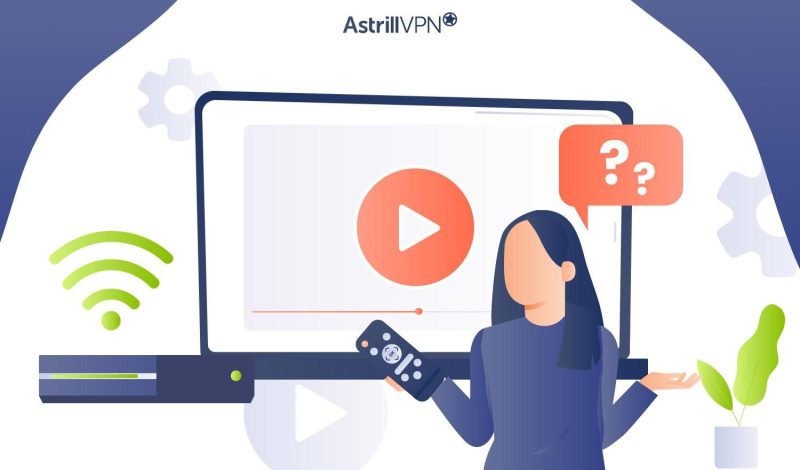
It looks like there is no way to stream TV channels from around the world, but that’s now possible with IPTV. This service has proven very good lately and many people are now coming towards it, but why would you need the best VPN for IPTV?
Even though IPTV offers streams from different countries, actual IPTV services can still be blocked in some places. You won’t be able to watch unavailable channels in your country.
Another reason is that many IPTV companies charge different rates depending on where you live. You can change your location and pay less for the service with a VPN for IPTV. Not to mention that the VPN can fully encrypt your data and hide your identity online. You can then stream and watch your best shows and movies in complete privacy.
In this guide, we’ve discussed all of the things related to IPTV and VPN and have also covered some other helpful information about IPTV providers. So go through this guide thoroughly to get a good idea about everything.
Table of Contents
What is an IPTV?
IPTV, or Internet Protocol Television, is a method of delivering television content over the Internet rather than traditional cable or satellite means. Unlike conventional broadcasting, IPTV utilizes internet protocols to transmit TV channels and on-demand content to viewers.
This technology allows users to access a wide range of television programming through their internet connection, making it a versatile and modern alternative to traditional broadcasting methods.
IPTV services are often subscription-based and can include live TV channels, on-demand movies, and series, allowing viewers to choose what, when, and where they want to watch.
What is an IPTV VPN?
An IPTV VPN, combining the concepts of Internet Protocol Television (IPTV) and Virtual Private Network (VPN), represents a powerful solution for enhancing the security, privacy, and accessibility of IPTV services.
How Does a VPN for IPTV Work?
An IPTV VPN is a secure tunnel between a user’s device and the internet. In the context of IPTV, a VPN encrypts the user’s internet connection, providing an additional layer of security and privacy. When users connect to an IPTV service through a VPN, their data is encrypted, making it more challenging for third parties to monitor their online activities.
Furthermore, IPTV VPNs are crucial in bypassing geographical restrictions imposed on certain content. By connecting to servers in different locations, users can access IPTV content that may be restricted or blocked in their region, enhancing the overall streaming experience while maintaining anonymity and security.
Why Do You Need a VPN for IPTV?
Using a VPN for IPTV has several compelling reasons, making it a helpful tool for a secure and hassle-free streaming experience in this day and age where internet security and unrestricted access to material are essential to everyone.
Getting Over Geo-Restrictions
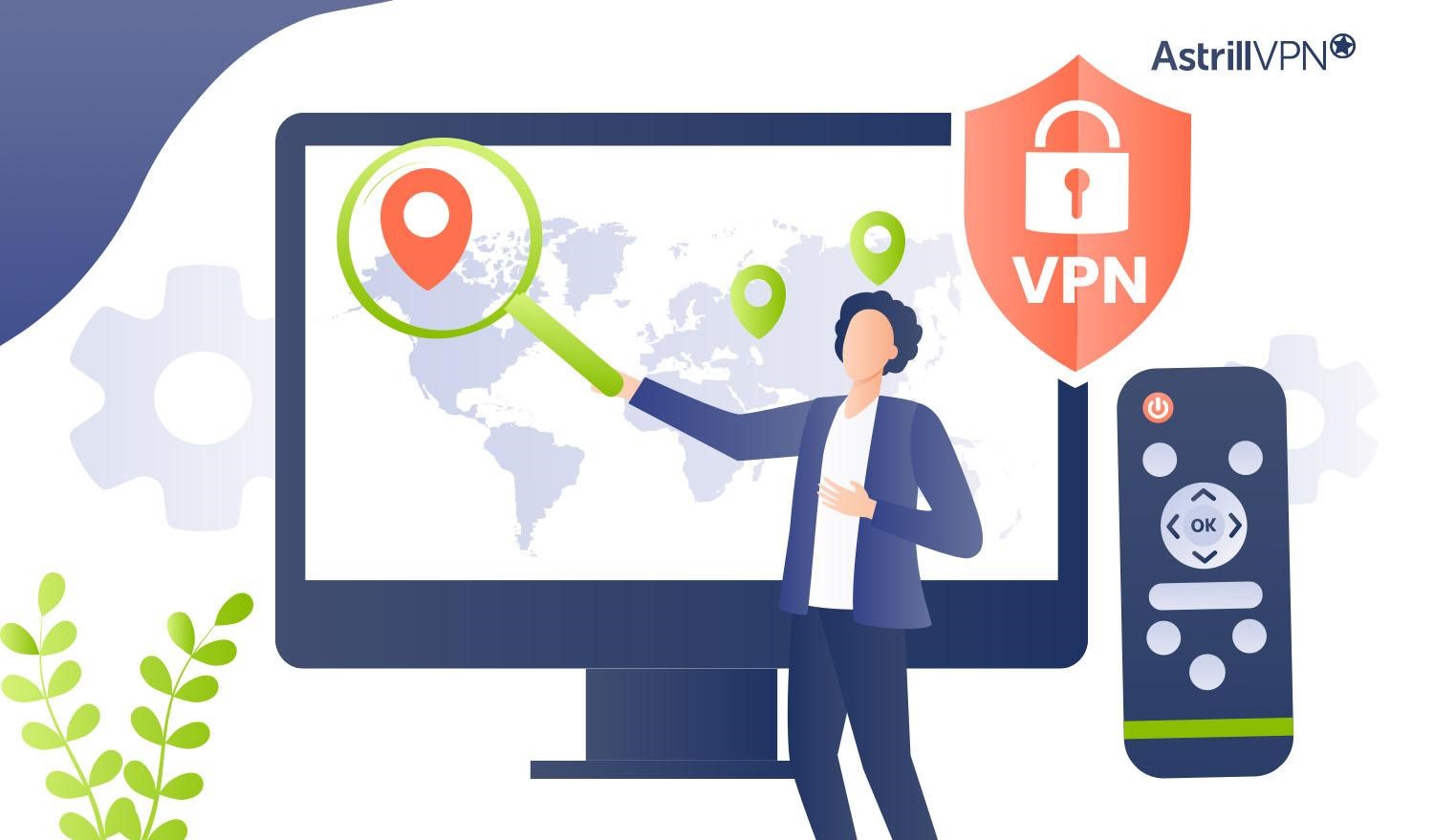
One of the primary motivations for using a VPN with IPTV is overcoming geo-restrictions. Geo-blocking limits access to certain IPTV content based on the user’s location.
By connecting to a VPN server in a different region, users can effectively trick IPTV platforms into thinking they are located elsewhere, granting them access to a broader range of channels and content that might be restricted in their actual location.
This feature enhances the global reach of IPTV, allowing users to enjoy a more diverse and inclusive selection of shows and channels.
Saving Money on Subscriptions
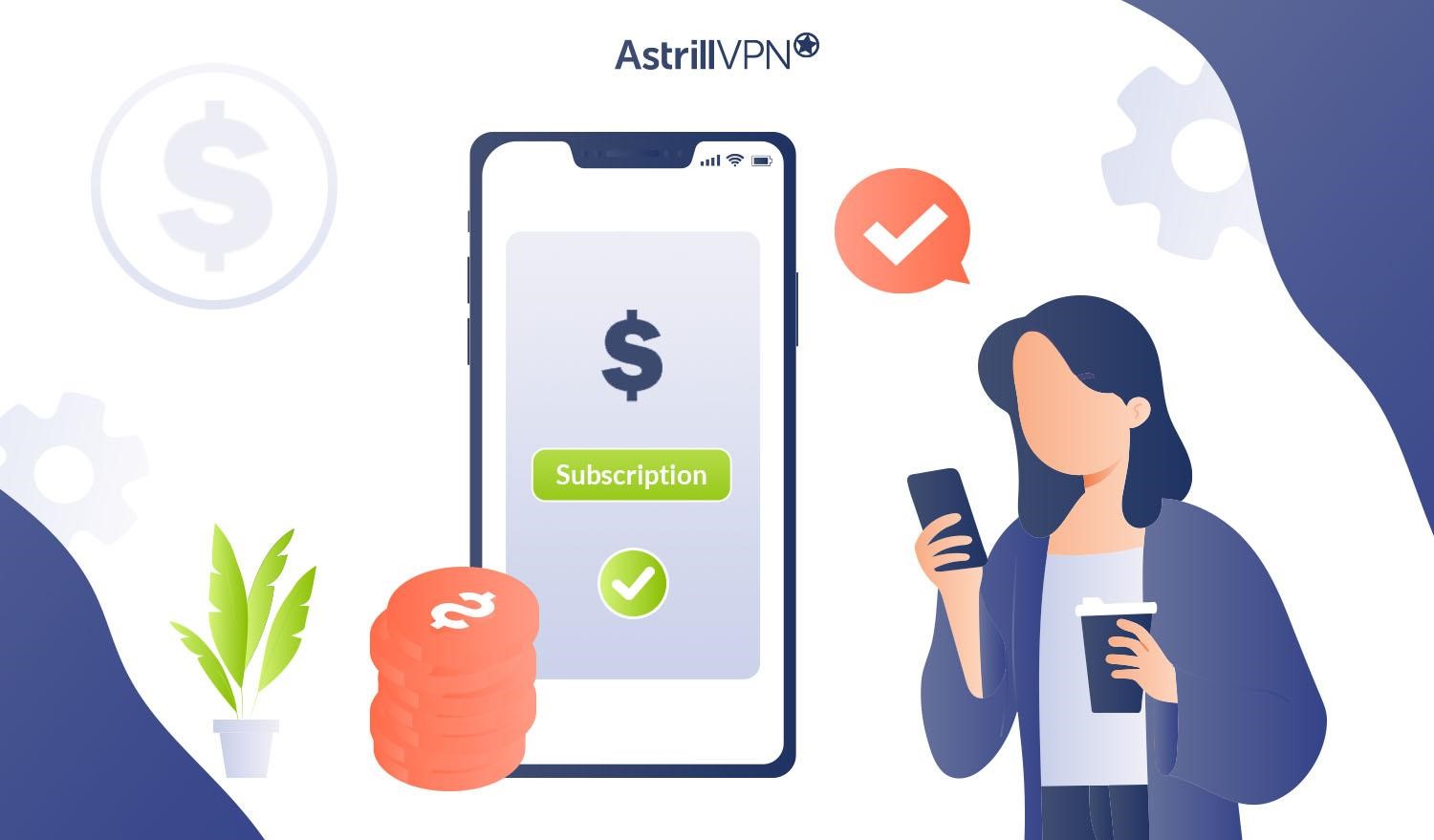
Using a VPN for IPTV can also translate into financial savings on subscriptions. IPTV services may offer different pricing tiers based on the user’s location. By connecting to a VPN server in a region with more favorable subscription rates, users can access the same content at a lower cost.
This cost-effective approach enhances the value proposition of IPTV services and provides users with the flexibility to optimize their entertainment expenses.
Enjoying Additional Encryption
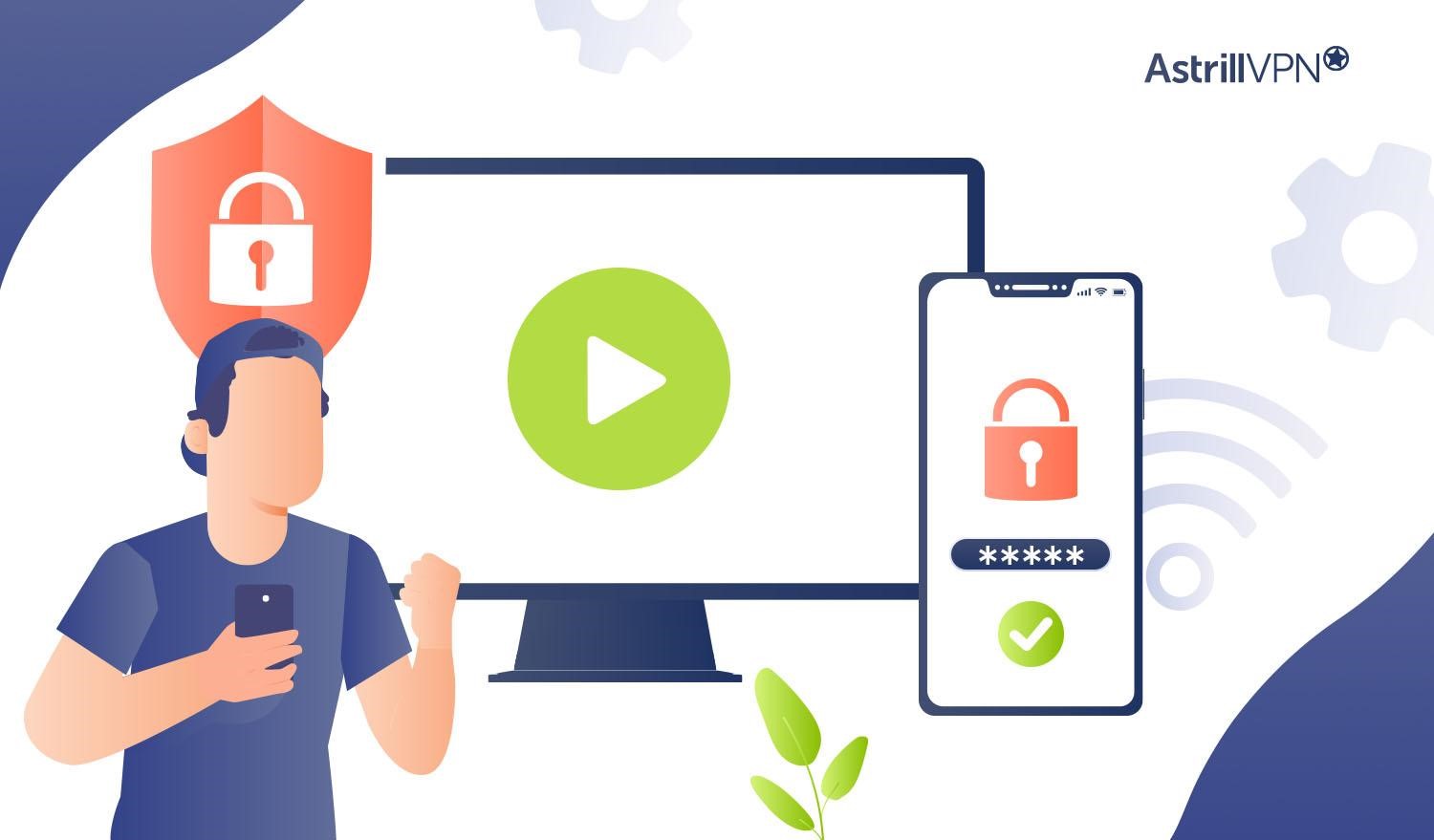
Privacy and security are essential issues in the digital landscape. Sensitive information, such as banking details for subscription services, may be transmitted during IPTV broadcasts. A VPN adds an extra layer of encryption to the user’s internet connection, ensuring this information remains confidential and secure.
This heightened level of encryption safeguards user privacy, protecting against potential cyber threats and creating a more secure environment for IPTV streaming.
Unblocking IPTV Services
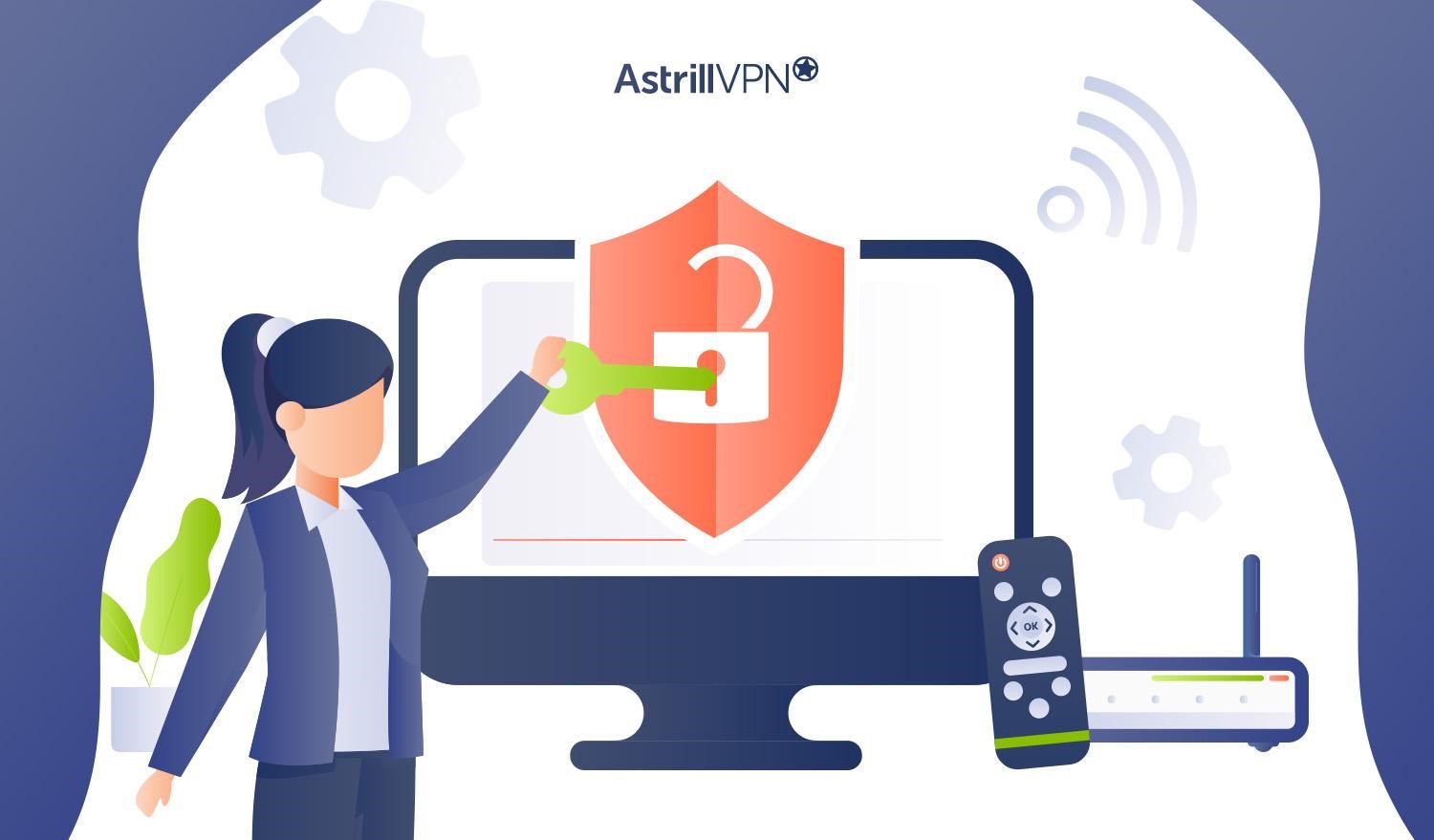
A VPN is a powerful tool for unblocking IPTV services that may be restricted by ISPs or network administrators. By encrypting internet traffic and masking IP addresses, a VPN allows users to bypass these restrictions and access their preferred IPTV services without limitations.
This ensures a more consistent and uninterrupted streaming experience, making a VPN an essential companion for those seeking unrestricted access to their favorite IPTV content.
Risks of using an IPTV VPN?
While using an IPTV VPN provides numerous benefits, it’s essential to be aware of potential risks and considerations to make an informed decision about its implementation.
1. Connection Speed Issues
One of the common risks associated with IPTV VPN usage is the potential impact on connection speeds. VPNs’ encryption process can introduce latency, leading to slower streaming speeds. Users may experience buffering or reduced video quality, especially if they connect to geographically distant servers. Choosing a VPN service focusing on optimized speeds can help mitigate this risk.
2. Legal Implications
Users should consider the legal implications of accessing geo-restricted content through an IPTV VPN. While using VPNs is legal in many jurisdictions, circumventing content restrictions might violate the terms of service of certain IPTV providers. Understanding and complying with local laws and the terms of use for VPN and IPTV services is crucial.
3. VPN Service Reliability
The reliability of the IPTV with VPN service is a critical factor. If the VPN connection drops unexpectedly, the user’s IP address may be exposed, potentially revealing their location. Opting for a reputable and reliable VPN service with features like a kill switch—automatically disconnecting the internet if the VPN connection fails—can help mitigate this risk.
4. Compatibility Issues
Some IPTV devices or platforms may not be fully compatible with VPNs, leading to setup and usability challenges. Users should ensure their chosen VPN service is compatible with the specific device or application they use for IPTV streaming. Additionally, understanding the VPN setup process for different devices can help avoid compatibility issues.
How to set up an IPTV VPN
- Sign up for AstrillVPN from the official website.
- Download and install the AstrillVPN app on your device.
- Launch the app and log in to the app.
- Now, connect to a server from the list and establish the connection.
- Open the IPTV of your choice and watch whatever you want!
Is IPTV Safe to Use?
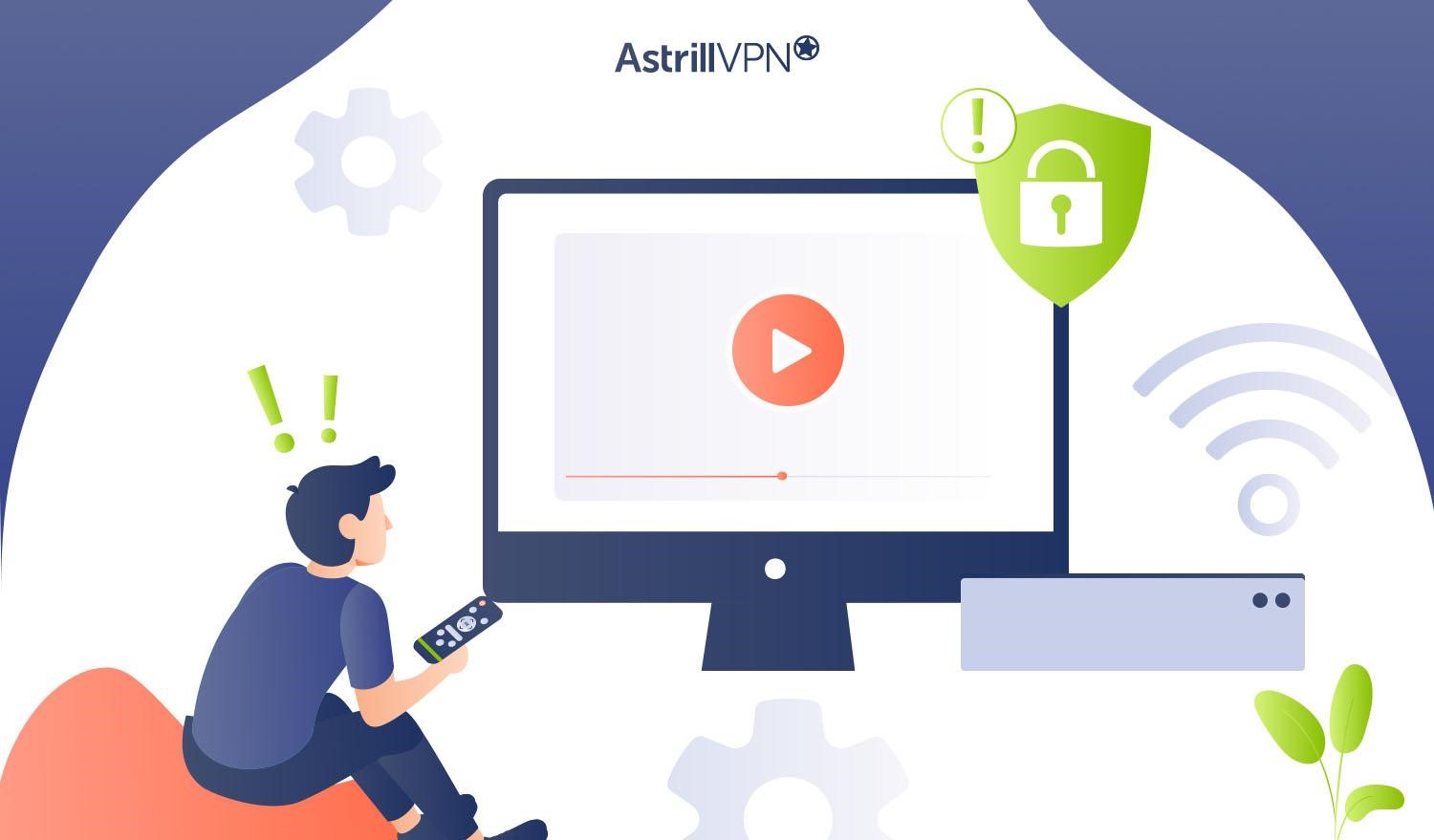
Using IPTV can be safe when you choose reputable and legal services. Ensure that the IPTV service you use is authorized to avoid legal issues. Stick to well-known providers and be cautious of free or unofficial services, as they may expose you to potential security risks.
Keep your devices secure by regularly updating software and firmware. Additionally, be mindful of the personal information you share with IPTV services (legitimate ones) typically require minimal details for subscription. You can enjoy IPTV content safely by prioritizing legal and established services and taking basic security precautions.
IPTV and Geo-restrictions
IPTV has revolutionized how we consume television content, offering a versatile and on-demand viewing experience. However, one significant challenge IPTV users face is the prevalence of geo-restrictions, a practice where content access is limited based on the user’s geographic location.
Benefits of IPTV VPN
1. Overcoming Geo-restrictions
IPTV VPNs empower users to transcend geographical boundaries, providing unrestricted access to IPTV content irrespective of physical location. By connecting to servers in different regions, users can enjoy a more diverse range of channels and shows that may be otherwise limited by geo-restrictions.
2. Enhanced Privacy and Security
Utilizing an IPTV VPN ensures a heightened level of privacy and security. Through robust encryption protocols, user data is shielded from potential cyber threats, guaranteeing a secure streaming experience. This becomes particularly crucial when dealing with sensitive information, such as subscription details for IPTV services.
3. Optimized Streaming Speeds
The strategic selection of VPN servers can contribute to optimized streaming speeds. By choosing servers with lower latency and higher bandwidth, users can mitigate potential slowdowns, ensuring a seamless and high-quality IPTV streaming experience, even for content in high definition.
4. Access to Global Content
IPTV VPNs enable users to virtually reside in different regions, expanding their access to a global spectrum of IPTV content. This feature is especially beneficial for individuals seeking content typically restricted in their geographical location, providing a more culturally diverse and comprehensive entertainment selection.
5. Secure Transactions and Personal Information
The encryption layer provided by VPNs adds additional security, safeguarding financial transactions and personal information. This is critical for users engaging in subscription-based IPTV services, ensuring their sensitive data remains confidential and protected.
6. Unrestricted Internet Freedom
Using an IPTV VPN guarantees an open and unrestricted internet experience. This freedom allows users to enjoy IPTV content without limitations imposed by Internet Service Providers (ISPs) or network administrators, enhancing the overall flexibility and accessibility of their online activities.
Tips for Using IPTV VPN Carefully
Incorporating a Virtual Private Network (VPN) into your Internet Protocol Television (IPTV) experience can offer numerous benefits. Still, it’s crucial to use it judiciously to ensure a secure and hassle-free streaming environment. Here are some essential tips for using an IPTV VPN carefully:
Regularly Update VPN Software
Keeping your VPN app updated is fundamental for maintaining optimal performance and security. Regular updates often include bug fixes, security patches, and VPN functionality improvements. By staying current with the latest version of your VPN app, you ensure that your IPTV streaming remains secure and that any potential vulnerabilities are addressed promptly.
Choose Servers Wisely
The server you connect to can significantly impact your IPTV streaming experience. Choose VPN servers strategically, considering server location, load, and speed. Opt for servers that are geographically close to your location to minimize latency and enhance streaming speeds.
Additionally, if your goal is to bypass geo-restrictions, select servers in regions where the desired content is accessible.
Be Mindful of Legal Considerations
While VPNs are legal in many jurisdictions, it’s crucial to be aware of the legal implications of your actions, especially when it comes to accessing geo-restricted content. Familiarize yourself with the terms of service of both your VPN provider and the IPTV service you are using. Understand the laws in your region regarding using VPNs to circumvent content restrictions.
The Most Popular IPTV Services
Following are some of the most popular IPTV services in the world:
- Yeah! IPTV
- Apollo Group TV M
- The Players Klub
- SSTV IPTV
- King IPTV
- Falcon IPTV
- Beast IPTV
- IPTV Trends
- Rocket Stream IPTV
- Helix IPTV
FAQs
A VPN is not strictly necessary for IPTV, but it can offer benefits. A VPN with IPTV can help overcome geo-restrictions, enhance privacy, and improve security.
IPTV itself is a legitimate technology for delivering television content over the internet. However, the legality of specific IPTV services and content depends on licensing agreements and copyright laws.
IPTV, as a technology, doesn’t have a single owner. It is a collective term for systems and services that deliver television content using Internet Protocol networks.
IPTV services can be both free and paid. Free IPTV services may offer limited channels and content, often supported by advertisements. On the other hand, paid IPTV services typically provide a more extensive range of channels, on-demand content, and enhanced features in exchange for a subscription fee.

No comments were posted yet